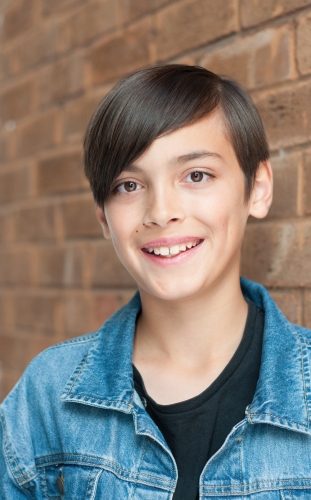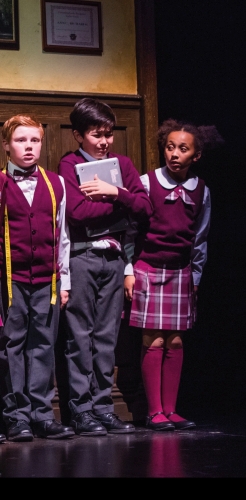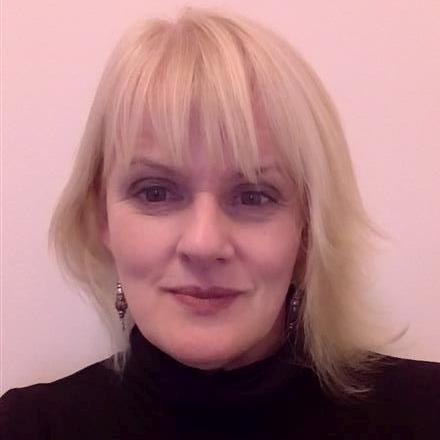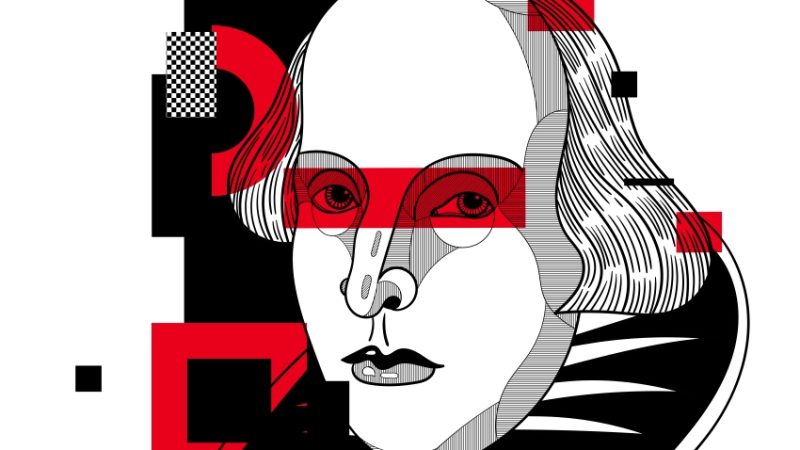Child actors – Juggling school and the West End

Helen Tierney finds out about the students whose lives take them from school to roles in high profile theatrical productions and back again…

Did you ever take part in a school production? It can be an unforgettable experience for participants, but also a revelation for staff, parents and peers as they witness the emergence of students’ talent and dedication.
There can be a real buzz of energy generated throughout the school community when a production is on – so imagine how it must feel for professional child actors, many in non-specialist state schools, who have to dash off when the bell goes to perform in London’s West End.
Dual roles

George Menezes-Cutts (left) is a Y7 student attending his local comprehensive, but has already clocked up a number of West End performances, including a stint in The Prince of Egypt and the role of Junior Clyde in Bonnie and Clyde.
Last autumn, he managed to combine settling in to secondary with rehearsals for South Bank’s festive show, Dolly Parton’s Smoky Mountain Christmas. At the time of writing, he’s in rehearsal for the National Theatre’s upcoming autumn production of The Witches, in which he stars as Bruno.
Merging the demands of both school and a burgeoning theatrical career is an enormous challenge for child actors, but one that George has been taking in his stride.
“In primary school I coped well. I’m only in year 7, so I’m not sure what it will be like when homework increases later on, but having online access to resources makes that easier now.
“I think being in secondary brings much more pressure doing this, but I’m really lucky that my school celebrates me being in shows.”
Rehearsals for Smoky Mountain ran alongside those of his school’s production of The Lion King, yet George’s professional experience has made him no less enthusiastic about taking part in his school’s extracurricular arts activities.
“I’m keen to take part as fully as possible in my school arts,” he says. “I like sharing my experiences with them, and also seeing their talent. It’s good to be part of school drama.”
Behind the glamour

Someone else who knows about the trials of juggling show and school duties is Jaydah Bell-Ricketts (left). Now 17 and studying at sixth form college, she’s been appearing alongside other child actors in shows since the age of 10, including Bugsy Malone and School of Rock.
For her, one particular pressure has been establishing her place in social groups when, like George, you’re performing in shows when in Y7.
“Starting at a new school, it’s hard enough to make friends. The addition of missing school when groups are forming can be tricky, although people are super supportive and intrigued by the work you do.”
For Jaydah, at least, it was all worth it in the end. When asked to reel off the highlights of her career so far, she says “Performing in front of 40,000 at the Proms in the Park; doing a special on X Factor and performing at Camp Bestival on my 12th birthday – not to mention singing ‘Wannabee’ with Sporty Spice.”
Not all aspects of a child performer’s life are quite so glamorous, however. Jaydah recalls using her train journeys to and from school to try and catch up on work, and also remembers well the rollercoaster of emotions when a show ended.
“It’s very emotional. Your very last show is usually filled with energy and joy but there’s an overwhelming sadness, knowing you’ll miss the people you have spent so much time with.”
Financial costs and time commitments
At what age does it become apparent children have the potential to be professional child actors? George’s mother, Liz Menezes, recalls how from early on, George would turn their kitchen doorway into a stage area and create mini-extravaganzas from mashing together elements of shows he’d been taken to.
Trending
Stacy Bell-Ricketts similarly recognised her daughter’s talent for singing and dancing very early on when she was a toddler, but things only really took off after she enrolled the then 9-year-old Jaydah at theatre school.
And the cost to parents of bringing up child actors? George attends a mainstream school, but has taken extra tutoring classes. Liz confirms that having your child on the stage can indeed be costly, despite the earnings (which, incidentally, are deposited into a bank account and left untouched by parent or child until the performer turns 18).
“Our greatest expense is now tickets, as not all shows offers complimentary or discounted rates to see your child on stage,” says Liz. “George has also built up a circle of very supportive fellow child performers, so it’s important to see them at work in shows. We’ve recently been to support his friends playing junior roles in Tina, Mary Poppins and The Crucible.”
For Stacy Bell-Ricketts, the main pressures relate more to time than finances: “You’re always dashing from school to theatre to ensure they’re up to date with their work, eating and sleeping, as well as juggling your own work and the other children’s.”
Hours of dedication
Having worked for many years as a chaperone and tutor at the West End and the English National Ballet and on the Grange Hill set, Jennifer Kuntner knows how hard it can be to get things right for child performers and their families.
“I think so much depends on their parents,” she observes. “I did come across overbearing individuals who almost wanted to be backstage with their children, but the industry now is highly regulated, and licensing is detailed and thorough, with strict rules of conduct for all.
“There are many good things about the work for young performers. They get to see just how demanding the business really is, and how many hours of dedication it takes to be on stage. They have to be emotionally resilient and able to cope with failure and criticism.
“Nowadays, there’s the added pressure of social media – but even years ago, when I was at Grange Hill, you saw how difficult it was for those who became nationally famous for a relatively short time. Child performers don’t always become adult ones.”
Jennifer can still recall some wise words from a stage school headteacher, who used to firmly tell parents – “Here, we train them for two occupations…’
Careful planning
It’s not hard to recall child stars of stage and screen who found adult life tragically difficult later on. Keeping things realistic seems to be the key, which is why Jaydah is currently in the process of applying to universities.
“That’s where I’ll be for the next few years, but I’m keen to keep acting alongside my studies, whether it be in theatre or TV,” she says.
George also has ambitions for performing to remain part of his future, and currently has his sights set on roles such as Miss Trunchbull in Roald Dahl’s Matilda the Musical, the adult Clyde and Alexander Hamilton. “I‘m definitely going to try and carry on in theatre,” he notes, “but my other dreams include running a bookshop and writing plays!”
It would seem, then, that even at secondary school, it’s possible to juggle both stage and school – albeit with some careful planning. “If you love it, absolutely do it,” Jaydah enthuses. “It may feel overwhelming at times, especially with school work, but seek help from your teachers, friends, parents and castmates for a good support system.
“Take a leap of faith, and if it works out, you’ll have made lifelong friends and memories.”
Helen Tierney has run music departments in comprehensive schools for over 25 years. She was an advanced skills teacher for secondary music in Barnet and now works freelance in music teaching, examining and dementia work; her book, Music Cover Lessons, is available now (Rhinegold Education, £39.99).











